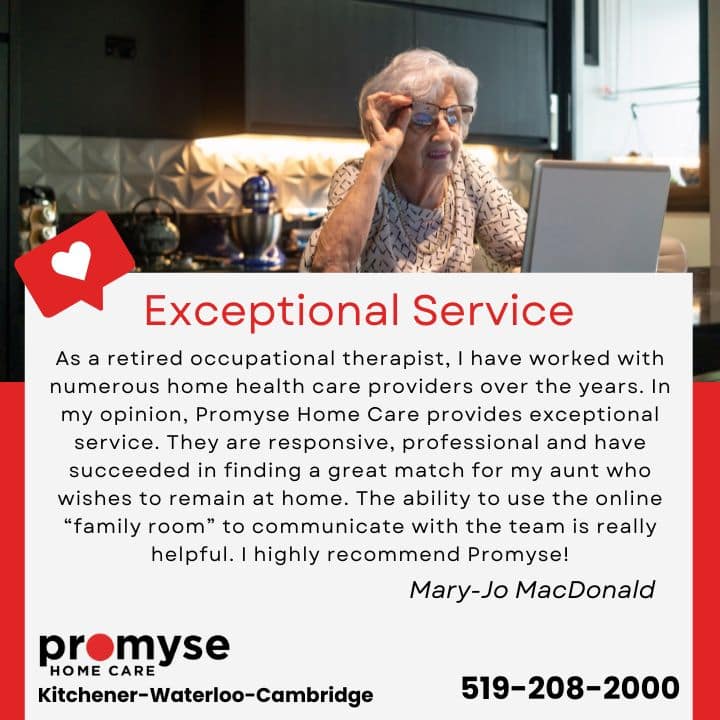Our compassionate team is here to find solutions to help your loved one live happily at home.

Stroke recovery timelines vary widely among seniors due to factors such as the severity of the stroke, the area of the brain affected, overall health, and individual response to rehabilitation. In general, the most significant progress is often seen in the first few months after a stroke. However, recovery can continue for years. It’s crucial to note that each senior’s journey is unique, and factors like motivation, family support, and adherence to rehabilitation plans can significantly influence the recovery process.
Rehabilitation therapy is a cornerstone of stroke recovery for seniors, encompassing physical therapy (PT), occupational therapy (OT), and Speech-language pathologists (SLPs). PT focuses on rebuilding strength and mobility, OT on regaining independence in daily activities, and speech therapy on addressing communication and swallowing difficulties. These therapies are highly customizable, taking into account the specific needs and abilities of each senior. Skilled therapists work closely with individuals to create tailored plans, adjusting exercises and techniques as progress is made, ensuring the most effective and personalized rehabilitation.
Adopting a heart-healthy lifestyle is crucial for stroke recovery and prevention. Seniors are advised to:
Emotional well-being is integral to stroke recovery, and seniors may experience a range of emotions, including anxiety and depression. Support from caregivers, family, and mental health professionals is crucial. Many seniors benefit from counseling services and participation in support groups, providing a platform to express feelings, share experiences, and receive guidance. Recognizing and addressing mental health challenges is an essential aspect of holistic stroke recovery, contributing to an improved overall quality of life for seniors.
Assistive devices and home modifications play a vital role in enhancing the safety and independence of seniors during stroke recovery. Recommendations may include:
At Promyse Home Care, we’re here to support your loved one’s journey towards independence at home. Our compassionate team is ready to listen and tailor care that respects their unique needs. Let’s chat about creating a comforting, personalized care experience. Reach out to us for a caring conversation – we’re eager to be part of your family’s story in ensuring the best home care for your loved one.
We service all of Waterloo Region & surrounding areas.